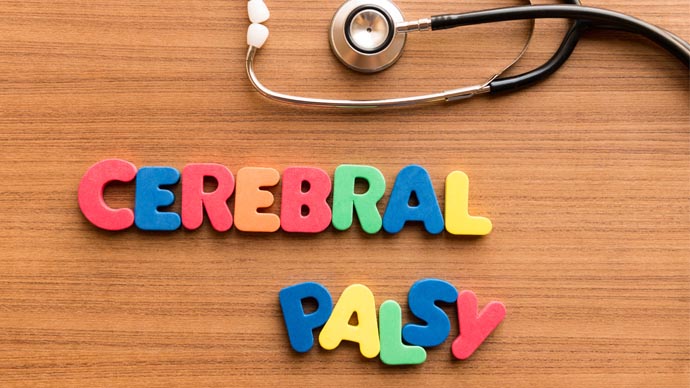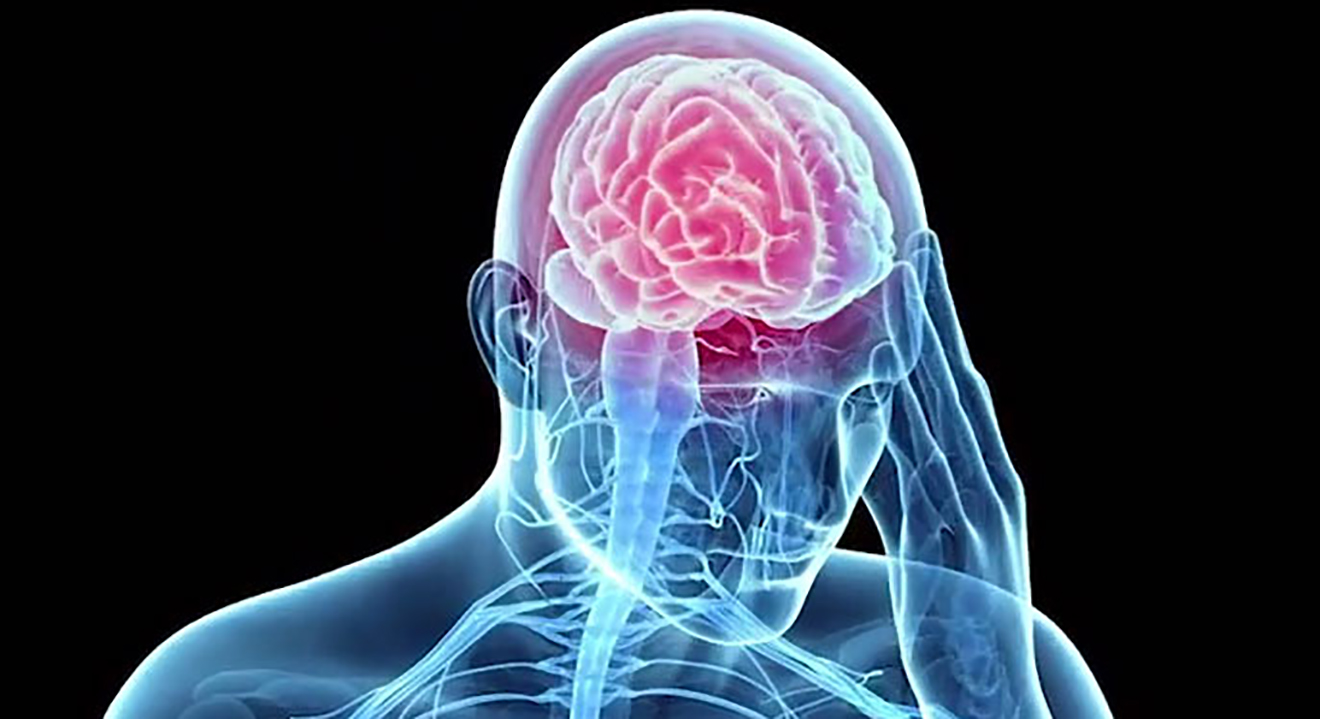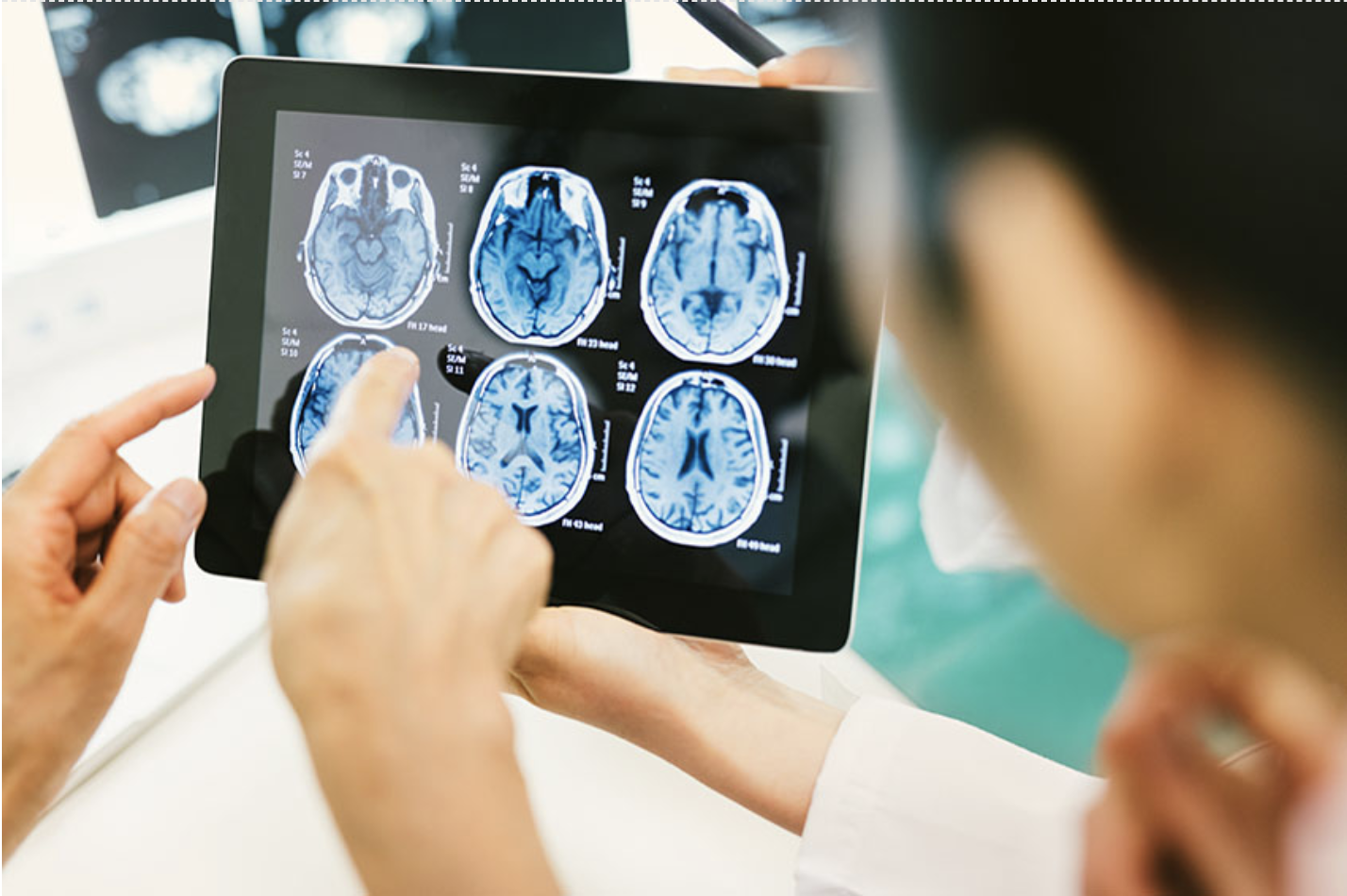
Lu D, Mahmood A, Wang L, Li Y, Lu M, Chopp M. Neuroprotective effects of human umbilical cord-derived mesenchymal stem cells on periventricular leukomalacia-like brain injury in neonatal rats. Transplantation of placenta-derived mesenchymal stem cells reduces hypoxic-ischemic brain damage in rats by ameliorating the inflammatory response. Intranasal delivery of mesenchymal stromal cells protects against neonatal hypoxic -ischemic brain injury. McDonald CA, Djuliannisaa Z, Petraki M et al. Interaction between hypothermia and delayed mesenchymal stem cell therapy in neonatal hypoxic-ischemic brain injury. Therapeutic application of mesenchymal stem cells derived extracellular vesicles for immunomodulation. ATCell™ expanded autologous, adipose-derived mesenchymal stem cells deployed via intravenous infusion for the treatment of post concussion syndrome (PCS) in retired military and athletes. Neurologic bone marrow-derived stem cell treatment study.
#Stem cell treatment for brain injury trial#
A multicenter trial of autologous bone marrow mononuclear cells for the treatment of adult severe traumatic brain injury. The efficacy and safety of allogeneic umbilical cord blood therapy for chronic traumatic brain injury. Safety of autologous human umbilical cord blood treatment for traumatic brain in children. A clinical trial to determine the safety and efficacy of hope biosciences autologous mesenchymal stem cell therapy for the treatment of traumatic brain injury and hypoxic-ischemic encephalopathy. A double-blind, controlled Phase II study of the safety and efficacy of modified stem cells (SB623) in patients with chronic motor deficit from traumatic brain injury (TBI). Open-label study of autologous bone marrow mononuclear cells in traumatic brain injury. A Phase II multicenter trial of pediatric autologous bone marrow mononuclear cells for severe traumatic brain injury. Safety of autologous stem cell treatment for traumatic brain injury in children. Treatment of severe adult traumatic brain injury using bone marrow mononuclear cells. Human neural stem cell transplantation-mediated alteration of microglial/macrophage phenotypes after traumatic brain injury. Utilizing pharmacotherapy and mesenchymal stem cell therapy to reduce inflammation following traumatic brain injury. Mashkouri S, Crowley MG, Liska MG, Corey S, Borlongan CV. Blood-brain barrier disruption is an early event that may persist for many years after traumatic brain injury in humans. Hay JR, Johnson VE, Young AM, Smith DH, Stewart W. Blood-brain barrier breakdown as a therapeutic target in traumatic brain injury. Shlosberg D, Benifla M, Kaufer D, Friedman A. Engaging neuroscience to advance translational research in brain barrier biology.

Comparison of two retrospective autopsy cohorts with evaluation of ApoE genotype. Traumatic brain injury as a risk factor for Alzheimer disease. Jellinger KA, Paulus W, Wrocklage C, Litvan I. Synuclein aggregation: possible role in traumatic brain injury. Oxidative stress and genetics in the pathogenesis of Parkinson's disease. Impact of age on long-term recovery from traumatic brain injury. Marquez de la Plata CD, Hart T, Hammond FM et al. Subtle motor findings during recovery from pediatric traumatic brain injury: a preliminary report.


Stephens J, Salorio C, Denckla M, Mostofsky S, Suskauer S. Pediatric traumatic brain injury and attention deficit. Königs M, Heij HA, van der Sluijs JA et al. Stem-cell therapy for pediatric traumatic brain injury. Lengel D, Sevilla C, Romm ZL, Huh JW, Raghupathi R. Long-term psychiatric disorders after traumatic brain injury. Neurobehavioural and cognitive profile of traumatic brain injury patients at risk for depression and suicide. León-Carrión J, De Serdio-Arias ML, Cabezas FM et al. Suicidal ideation among patients with acute life-threatening physical illness: patients with stroke, traumatic brain injury, myocardial infarction, and spinal cord injury.

Cognitive impairment in patients with traumatic brain injury and obstructive sleep apnea. Wilde MC, Castriotta RJ, Lai JM, Atanasov S, Masel BE, Kuna ST. Post recovery cognitive decline in adults with traumatic brain injury. Prevalence and consequences of sleep disorders in traumatic brain injury. Castriotta RJ, Wilde MC, Lai JM, Atanasov S, Masel BE, Kuna ST. Provides comprehensive information about the long-term effects and pathology of traumatic brain injuries (TBIs).Traumatic brain injury: a disease process, not an event. Papers of special note have been highlighted as:


 0 kommentar(er)
0 kommentar(er)
